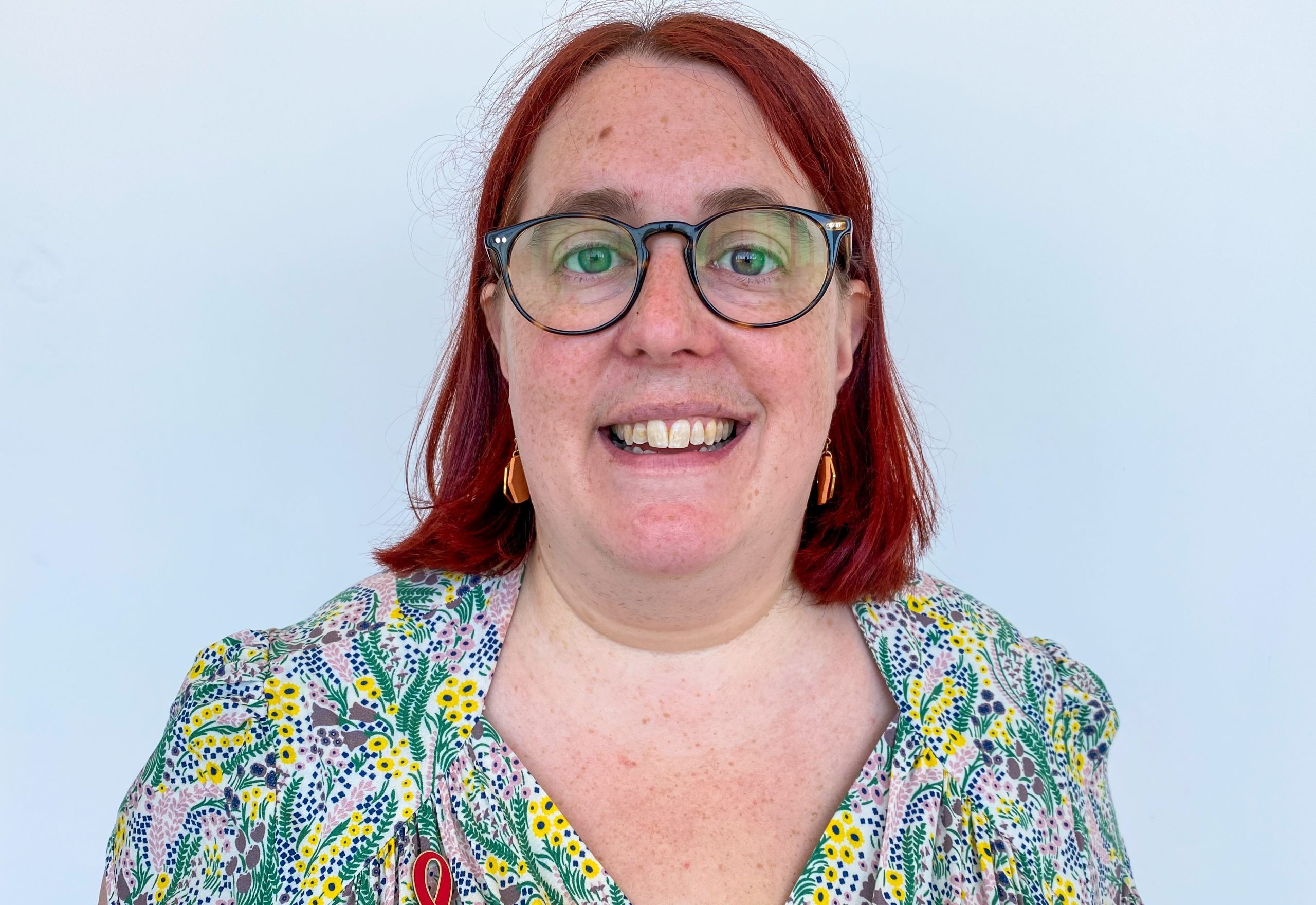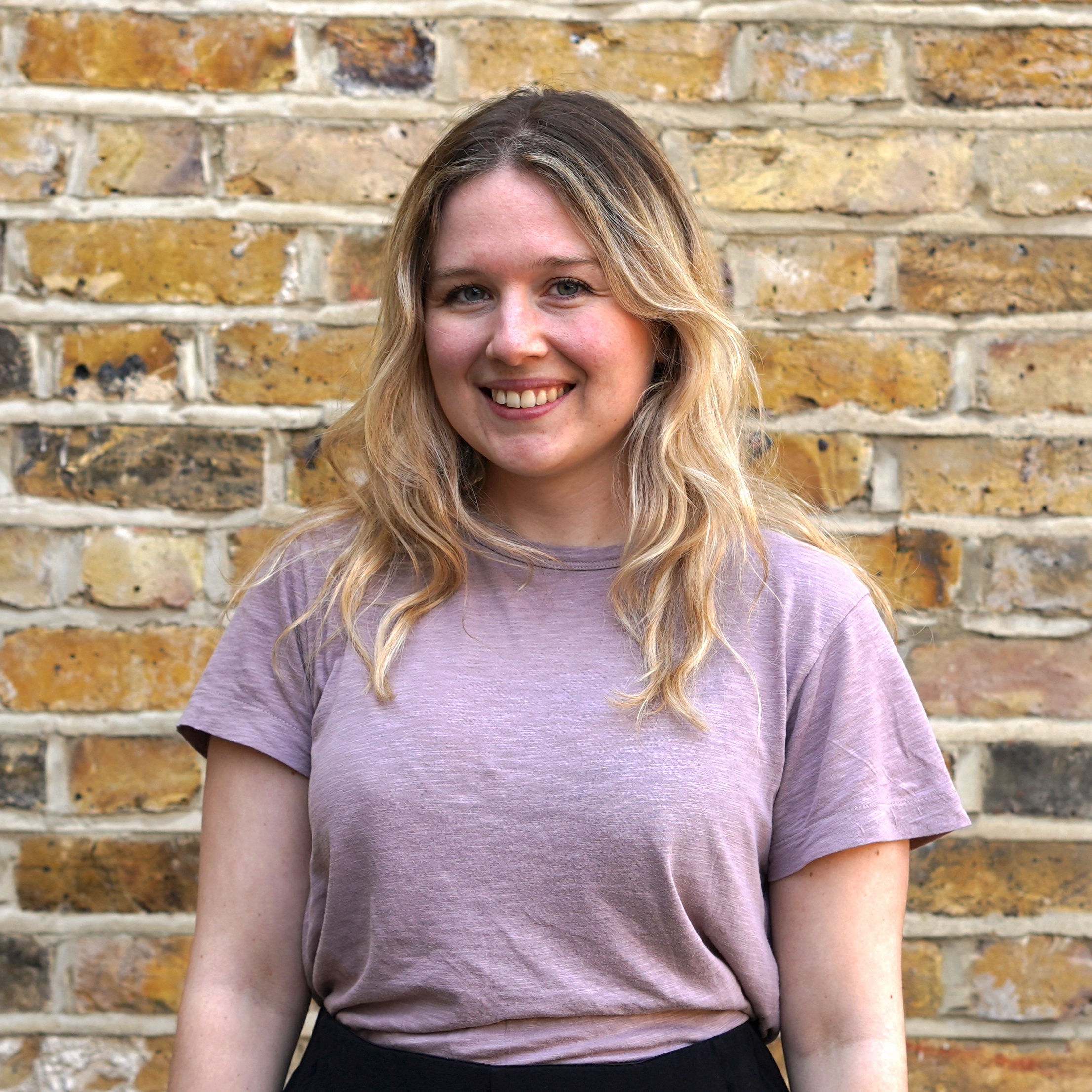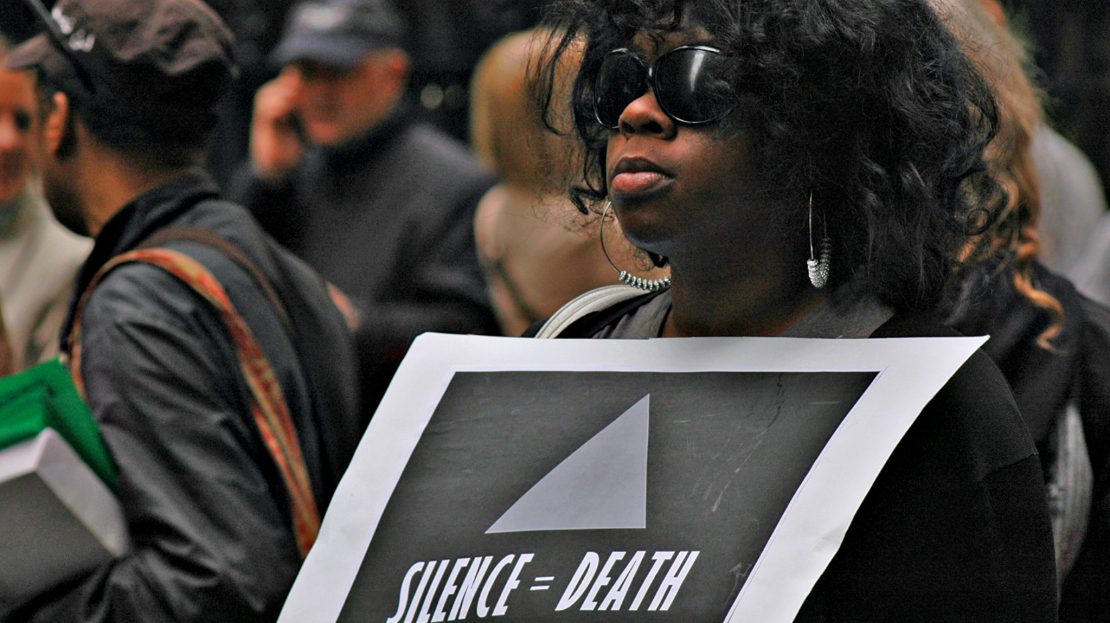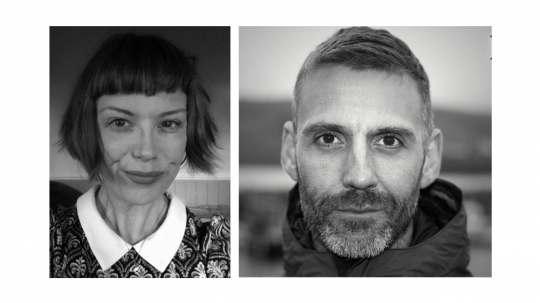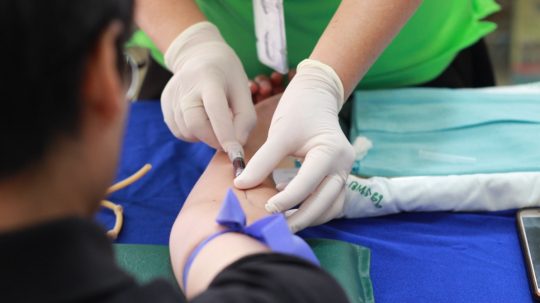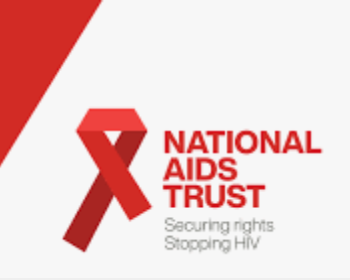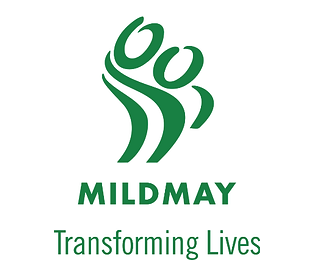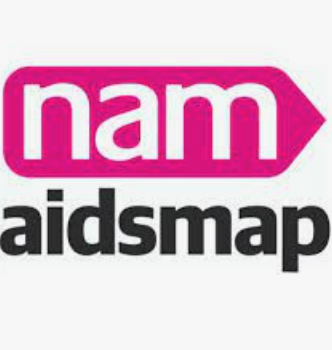When Deborah Gold was involved in student activism for LGBT rights in the 1990s, she saw the devastating impact of HIV first-hand. One of her friends died after getting the virus, a tragedy which had a significant impact on her life. Today, thankfully, most people treated early for HIV in the UK lead long, healthy lives. But misconceptions remain. Gold, now chief executive of the National AIDS Trust, reflects on the organisation’s 35 years of campaigning for the rights of people living with HIV and tells us why there is still a long way to go.
Stigma and discrimination against people living with HIV was rife when Gold was growing up. In 1987, Diana, Princess of Wales, challenged public fears of HIV and AIDS by shaking the hand of a HIV-positive person at Middlesex Hospital in London. The same year, the National AIDS Trust, which Diana would later become patron of, was set up.
From its inception, the trust worked with groups of people left out of public narratives about HIV, such as women, children and Black and minoritised ethnic communities. It successfully campaigned to get HIV included in school sex education under the 1993 Education Act.
The trust made sure that HIV was included as a disability in the 1995 Disability Discrimination Act, which made it unlawful to discriminate against a person with HIV at work, school or other areas, like buying a property. This was replaced 15 years later by the Equality Act.
The healthcare revolution
By the end of the 1990s, antiretroviral drugs had been developed to treat people living with HIV. “That changed everything,” says Gold. “Suddenly, people were living and living well, instead of dying.” The drugs also meant that people living with HIV could not pass it onto their partner. Since 2005, new diagnoses for HIV have been declining. The game changer, though, was the development of PrEP (pre-exposure prophylaxis), a highly effective drug which could prevent people at risk of HIV from getting it and treat the virus for those already living with it.
The problem was that people could not access the drug. It was approved for use in the US in 2014 but was not available in the UK. “There was no way of getting it within the standard health system,” says Gold. Instead, people were forced to buy it from abroad through a website set up by campaigner Greg Owens. But it was still “prohibitively expensive” for most people in the UK, she says. It was also “ethically wrong”, Gold points out, that a drug that can prevent someone from getting HIV was not available on the NHS.
In 2016, the National AIDS Trust took NHS England to court, and won. Since then, PrEP has been available on the NHS for groups considered at risk of HIV. “PrEP is probably one of the most important touch points that have happened in the history of the fight against HIV,” says Gold. There has been a “trifecta of brilliant things” in recent years, she says. For starters, people are getting tested more regularly. Then if they are diagnosed, they can be treated immediately. The third and final “piece of the puzzle”, missing for so many years, was PrEP.
But, access to this vital drug remains is not always easy. PrEP is still only available in sexual health clinics, not GP surgeries. Former health minister Steve Brine called for it to be available for prescription from GPs last year, saying it was necessary for the UK to meet its goal of zero new HIV transmissions by 2030. “We certainly would like it to be available for pharmacies, from GPs, from, for example, termination clinics. I think it would make much more sense, but we’re not there yet,” says Gold.
Left behind
In particular, Black African men and women, who account for nearly half of new HIV diagnoses among heterosexual couples, are being left behind in treatment. Voluntary groups that specifically target people from minoritised ethnic communities with HIV find it much harder to get funding, says Gold. “We are under-delivering targeted, specific sexual health promotion to those communities because there aren’t enough organisations and they don’t have enough money.”
People who have migrated to the UK also face difficulties registering and accessing care at a GP, despite being more likely to be diagnosed with HIV. There remains a fear about accessing treatment, says Gold, a legacy of hostile environment practices that allowed Home Office officials to access NHS data.
While it was a “massive win” to make sure that people with insecure immigration status could get tested and treated for HIV for free, says Gold, they are not necessarily entitled to other healthcare treatment. Support for HIV needs to be holistic, she adds, accounting for discrimination, other health conditions that might intersect, or peer support to help people struggling with their diagnoses.
Ending transmission
Last year, the government published its plan to end HIV transmission and deaths in the UK by 2030. The goal, while reachable, is not backed up with enough money to work, says Gold.
What’s more, the UK government’s failure to boost its international spending on HIV and AIDS last Wednesday – they were the only major economy not to do so – does not bode well. “If we want to end HIV, we need to end it internationally,” says Gold. “It’s never going to be enough to just do stuff in the UK.”
To this day, the trust sees HIV as a human rights issue. “HIV is this incredible mirror to lots of different social justice issues,” said Gold. “It’s about discrimination. It’s about poverty, it’s about access to healthcare. It’s about immigration rights. It’s about racism.”
We have the tools already, says Gold, but we need to make sure everyone with HIV is supported to access treatment.
For more information and useful resources on HIV and human rights in the UK, check out our spotlight on the topic here.

